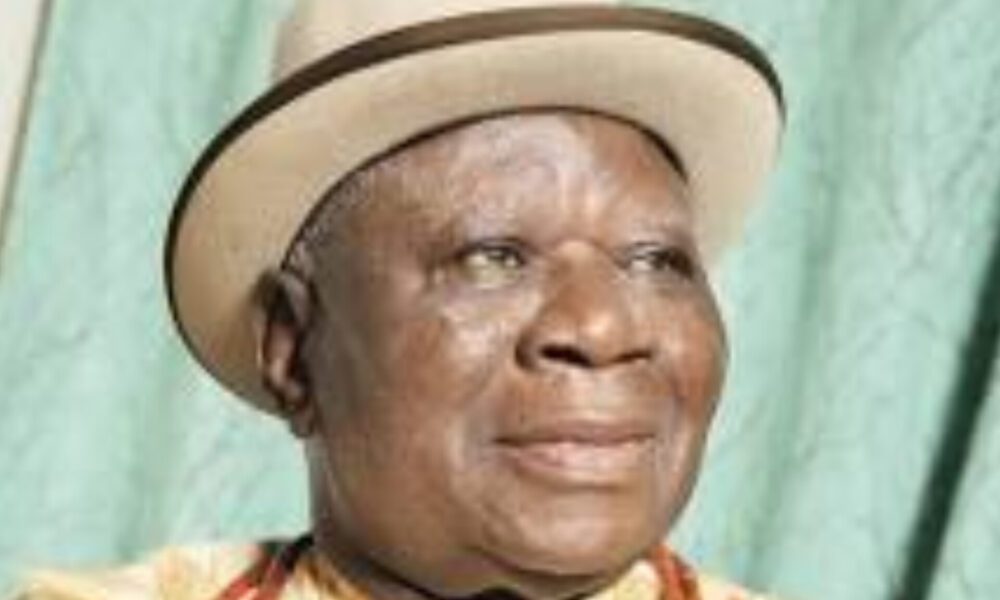President Bola Tinubu’s plan to hand out N8,000 to 12 million households for six months is a brazen attempt to divert public funds, the Special Assistant on Public Communications to Atiku Abubakar, Mr. Phrank Shaibu has alleged.
Shaibu in a statement on Thursday likened Tinubu’s plan to spend $800m on palliatives under an opaque arrangement to former President Muhammadu Buhari’s conditional cash transfer and COVID-19 intervention initiative which saw politicians keeping food items and provisions in their homes while the poor went hungry.
He said Buhari’s interventionist programmes only ended up making Nigerians poorer as shown in reports released by the National Bureau of Statistics.

Atiku’s aide stated, “After announcing the removal of petrol subsidy without proper planning, Tinubu has asked for the approval of $800m loan which he claims will be disbursed to 12 million households for six months at N8,000 for each household per month. This is a continuation of the scam of the All Progressives Congress.
According to statistics, a Nigerian household as at 2019 counted on an average of 5.06 members. So, with Tinubu’s uninspiring plan, each individual in a household will get N1,600 per month or N53 per day.
“What should they do with it? Use the money to buy sachet (pure) water or a cup of boiled groundnut on a daily basis? And this is the man they claim transformed the economy of Lagos State? This must be a joke or a more sinister attempt to divert public funds.
Shaibu argued that Tinubu lacked a clear economic policy apart from taxing Nigerians.
He said having deceptively attained presidential power, Tinubu has been exposed as an economic illiterate.
Atiku’s aide stated, “Tinubu boasted that he would ‘develop Nigeria’s economy’ like that of Lagos but this was all a scam. Statistics show that over 70% of Lagos revenue comes from income tax paid by private companies which had been in Lagos for decades due to its status as Nigeria’s former capital.
“His only plan is to tax Nigerians to death as he did in Lagos and that is why the people of Lagos rejected him in the last election. Tinubu promised to turn Nigeria’s economy into a $1 trillion economy but it is all a scam and can never be achieved with his brand of “agberonomics”.
Shaibu said Tinubu ought to have focused on putting money into the agricultural sector and subsidizing production and working at attaining energy security that is the backbone of spurring desired economic growth from SMEs if he was really serious about reviving the economy.
He added, “Agriculture makes up about 30% of Nigeria’s GDP. He should have invested funds in the production aspect of agriculture and other issues affecting crop yields. The rural areas which are mostly agrarian are in the throes of insecurity. On Tinubu’s watch, over 200 people have so far been killed. However, he seems clueless on how to tackle this menace.
“The so-called palliatives that Tinubu seeks to share to the poor are just another avenue to divert public funds. For years, the Nigerian government has rejected calls to publish the list of the beneficiaries of the so-called palliatives but this has never been done because it is all a scam.
“Tinubu should stop trying to deceive Nigerians who are still suffering from the effect of his lackluster economic policies.”
There are also concerns that this plan is a reinvention of old tricks through which the APC uses public funds as subterfuge for vote buying.
Let no one make any mistakes about it, the planned palliative is Trader Moni 2.0. “The scheme is nothing but a means to use public funds to prosecute political campaigns and objectives. It is even more telling that the current imposter government is contemplating the initiative when there is high expectation that the presidential election tribunal is set to give judgement in the controversial election that brought Tinubu into government.
The APC is a political party that has lost favour with a vast majority of Nigeria, and it is no coincidence that since 2019 when the party invented the charade of Trader Moni, it also incontrovertibly introduced the menace of vote buying into Nigeria’s body politic.
A special investigation into the Trader Moni initiative by the administration of former President Muhammadu Buhari revealed that more than N20bn was wasted on corruption, kickbacks, fraud and partisanship.



